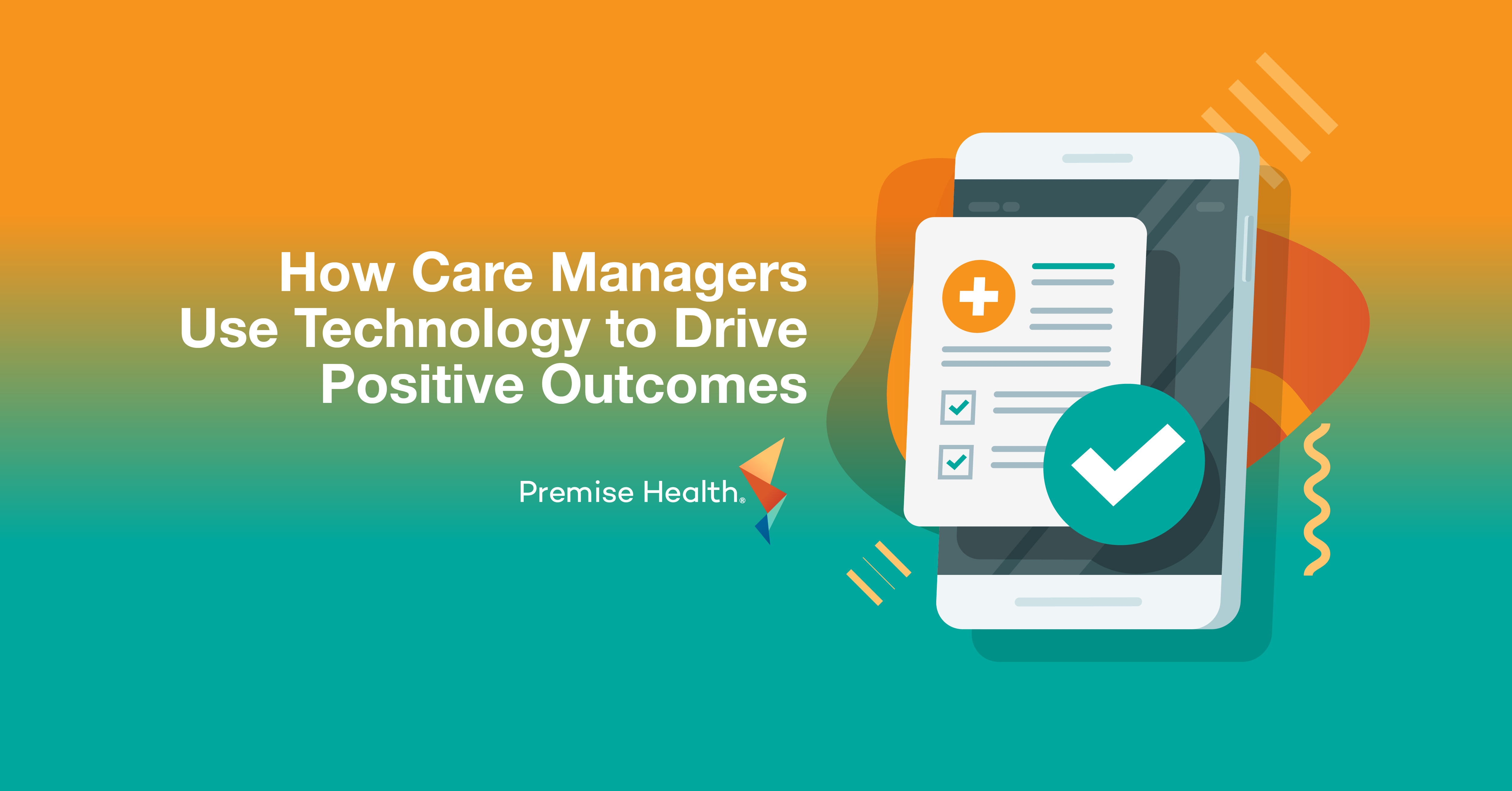3 Common Misconceptions About Weight Management Programs
The public health crisis of obesity in the United States becomes more alarming with each passing year; According to the CDC, as of 2022, all 50 states have an obesity prevalence of over 20%, with nearly half (22 states) being 35% or greater.
The truth is, despite all the newly developed medications, advancements in medical technology, and quick-fix solutions that are marketed to Americans, this is not an easy problem to remedy. Products and services that promise to help people shed weight, without addressing a full scope of lifestyle factors, have created public mistrust when they inevitably don’t produce results.
Understanding the Skepticism
Think about it: the last time you saw a commercial for a weight-loss program or product, you probably thought to yourself “I’m not sure that would work” or “there’s no way they lost 40 pounds just doing that!”. There is so much misinformation out there around weight loss, that it can be hard to evaluate a weight management solution and trust that it’s the right choice for your organization and your members.
In this blog, we’re going to talk about some of the common misconceptions around weight loss and more specifically, weight management programs, and help you feel confident when evaluating weight management solutions yourself.

Misconception #1: Members just gain the weight back at the end of the program
There is a widespread belief that participants tend to regain weight at the conclusion of most weight management programs. People may speculate that this is a failure of the participant or program itself, but looking deeper, there are usually a couple potential reasons for this:
- The program didn’t place a focus on teaching participants about sustainable lifestyle changes
- The participant was left without ongoing support once the program ended
- The program was not designed in a way that focused on all factors of lifestyle medicine that contribute to weight management
- The program was led by a fitness or diet “coach” without the necessary credentials to treat overweight or obesity as a chronic condition
The idea that every participant in a program will regain their weight is based on the fallacy that all programs are created equal, which is not accurate. Someone who is shown how to incorporate changes into their everyday lifestyle, has the proper support from a medical professional, and is guided by an evidence-based weight management program, has a much greater chance of maintaining a healthy lifestyle.

Misconception #2: Weight loss automatically means medication is involved
Weight loss medications, such as GLP-1’s, can be very effective for the right person if prescribed and used properly. This does not, however, mean that managing weight requires the use of these drugs. The misconception that weight loss drugs are the ‘key’ to quick results has led to weight management programs, websites, medspas, and more promising easy access to these prescription medications with minimal clinical oversight.
The reality is a primary-care led program that is evidence-based will help members utilize prescription medication as one of the tools in their toolkit for achieving a healthy weight. Employers should use caution when evaluating programs and look for ones that only recommend weight loss drugs following FDA guidelines and when medically appropriate.

Misconception #3: All of the programs are the same and none of them will work
In today’s world of fad diets and quick-fix solutions, it can be hard to know which solution will be best for your members. The weight management programs that get the most attention are ones that make the biggest (and generally, unsubstantiated) claims. They tend to be short-term results oriented, and not focused on the long-term wellbeing of their participants.
Specifically, many of these programs fail to address the full scope of variables that contribute to weight loss: diet, exercise, metabolism, comorbid conditions, genetics, mental health, and many others. For a lot of people, the challenge of losing weight cannot be solved by a quick fix.
A true solution is one quarterbacked by a primary care provider that can address all aspects of member health, including the treatment of chronic conditions like obesity, and takes into account the other health factors that contribute to weight management. Additionally, a care manager with a coaching certification can provide continuous support to members on their journey and help them make realistic changes that work for their lifestyle.
Weight Management at Premise Health
With so much speculation and preconceived notions around weight management programs, it can be difficult to know which (if any) can effectively address the root causes of being overweight. At Premise Health, our weight management solution is primary care-led, evidence-based, and supported by an interdisciplinary care team that can include behavioral health, clinical pharmacy, nutrition, and more. This collaboration is a crucial part of the lifestyle medicine principles that encourage behavior change and help members achieve long-term weight loss goals.
We currently have 50 centers across the country providing weight loss programming to thousands of members. By taking an individuals’ mind, body, and spirit into consideration, our members are seeing results like sustained weight loss, reduced A1c, lower blood pressure, and many other positive health outcomes. But more than that, they are experiencing the joy of playing with their grandkids without tiring, the motivation of keeping up with a daily movement routine, or the ease of performing their daily job tasks without difficulty.
If you’re an employer, contact us to find out what a weight management program could look like at your organization!
Next on industry insights.

Provider Dispensing and its Role in a Better Care Experience
Read the Blog
Clinical Quality at Premise: A Q&A With Meghan McManama, DNP
Read the Blog